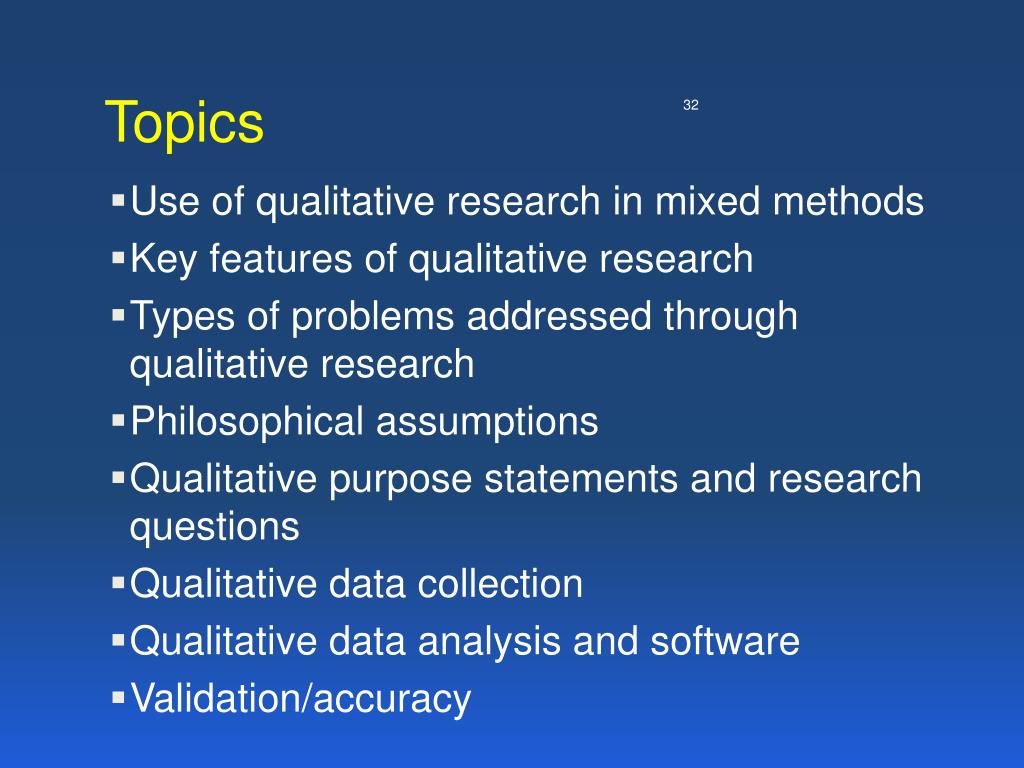

Maxqda intercoder reliability software#
It's during this process of coding reconciliation that I typically reconciled differences in segmentation as well.In recent years, the research on empirical software engineering that uses So another option is to simply accept all coded segments if you're short on time.
Maxqda intercoder reliability code#
I think it's a much more serious error to miss instances where a code should be applied than to catch passages that contribute little to the analysis in the end. At that point, you can combine the coded transcripts just as you did to look at agreement, and have a master coder review any discrepancies and make decisions. You'll be much more likely to catch all the instances where a code should be applied. As I said before, I always prefer to have two analysts code the data if possible. How do you know when you're done? When most of your discussion about disagreements end in 'I just missed it,' you're probably there. I find that most projects need to go through this process three to five times in order to finalize the code book, and also to be sure that both coders have built a similar understanding of the data, the codes and the project objectives. Use the same process to check the revisions to your code book. So we've both coded three interview transcripts, compared code applications and come to agreement and revise code definitions. No matter how well trained they are, how good your code definitions are or how conscientious you are analysts are, you'll miss things. This is also the reason that I always prefer to have more than one analyst code qualitative data. I find that you can only code for a couple of hours at a time. You may be asking them to apply too many codes or work too quickly. When you're going through the process of assessing agreement, you might find yourself saying, "Oh, I just missed that." If this happens a lot, you may be asking your analysts to make too many judgments or decisions as they code. Some texts are more difficult than others too, and this can be challenging when applying codes. Sometimes there's such a strong discussion related to one code that we get caught up in that part of the story and don't catch everything else that's there. Sometimes really rich passages have so much going on that we miss some of the codes that should apply. There are other reasons we miss things to. You've been reading along thinking about what you'll be having for dinner, and suddenly realize you have no idea what you've just read. If there's anything I've learned over the years it's that all analysts miss things. But this passage might generate discussion around whether the code should also capture instances where participants reconcile the sense of division and embrace both sides of themselves. The code definition we discussed earlier had primarily negative connotations.

For instance, in Deci, you might find that only one analyst applied the code being in between to the following segment. Remember, you may need to discuss what you mean for the code to capture in order to meet your project objectives. If you have different interpretations of the data or ideas about whether the code applies, work to resolve them, making changes to the code definitions as needed.

If you both agree that it should apply, check the definition to see if you need to make any adjustments. But where only one coder applied the code, you want to read the text together and discuss whether you think the code should be applied there. Hopefully, you'll see many instances where both applied a particular code. I recommend going one code at a time and reviewing every instance where either analyst applied the code. I just want to be sure that both analysts are capturing the key nuggets. I usually ignore differences in segmentation at this stage. Then you want to combine the two coded data sets so you can see both analysts work on a single transcript. Both analysts should code the same transcripts usually two to three depending on their length. But let me walk you through the process here. In the next max QDA video, I'll walk you through the mechanics of comparing code application with the software. If at all possible, I recommend doing this with another analyst because they'll bring new insight to the data as they will likely see it through a slightly different lens. Just be sure to give yourself some time between the first and second time, and use a clean data set each time so you won't be tempted to see what you did before.

If you don't have a second person to work with, you can also code the same data twice yourself. Once your code book is fairly well-developed, one of the best ways to refine and finalize your codes and definitions is to have two separate analysts code a small subset of your data, and assess how well they agreed on the application of codes.


 0 kommentar(er)
0 kommentar(er)
